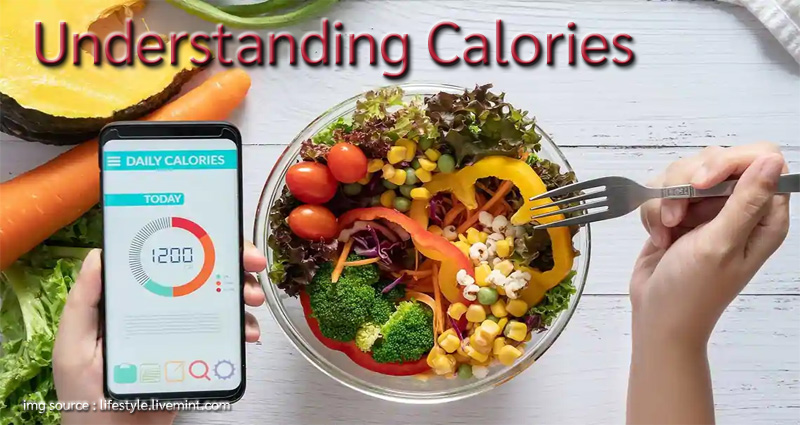We’re sure you’ve come across the saying of we are what we eat. That’s true. The foods we eat have a big impact on our lives and our bodies. While we are bombarded with fast food advertisements, ready-made frozen meals, and a near limitless source of snacks, we need to know more about the food we eat, where it comes from, what’s inside it, and how it affects our health.
Eating healthy food doesn’t mean eating boring food. It also doesn’t mean eating diet food. It is a huge misconception about healthy food. Eating healthily means eating balanced and nutritious meals, eating food that’s ethically and responsibly grown, and knowing what sort of foods we should be eating to improve our lives and health. Reviews Bird is a platform for real-world customers to share their experiences, reviews and ratings of healthy food, food companies, and diet companies so that you can make better-informed decisions for your food choices and health.
Understanding Calories:
Calories are not always fun to talk about, but they are important to understand. The number of calories you consume each day has a major role in your weight control and health. It is true that the foods with the lowest calories counts as usually the most healthy, while those with the highest calorie count are the most unhealthy. The more calories you consume, the more calories you need to burn to remain the same weight. Using strategies such as calorie-counting, and working out how many calories you actually need per day will help you to know how much you need to eat to be healthy and you can work out plans to cut a few hundred calories from your diet each day to lose weight or control your weight. If you cut just 500 calories a day from your diet, you’ll lose a pound of fat a week. The other aspect to calorie counting is that if you’re a fitness or sportsperson, you will want to know how much calories you need to consume to fuel your passion so that you can healthily gain in muscle and athletic performance.
Understanding Macronutrients and Micronutrients:
Each meal should contain at least one of each of the following macronutrients: carbs, fats, and proteins. Our bodies need these macronutients to provide fuel (calories) for our bodies functions. There is an entire science dedicated to macronutrients and micronutrients and learning which ones are best for you requires you to assess your diet, your health, and your body’s needs. For instance, to lose weight, certain foods offer less calories and more fuel to help your body burn them up quicker, while other foods will help you to improve your vitamin sources for balanced and overall health effects.
Staples of Healthy Meals:
There are many recipes, diets, and healthy meal plans you can turn to help you with your overall health goals. They will instruct you to base your diet around certain foods.
- Vegetables and Fruits: Five-a-day is all you need. These are essentials for all meals. They deliver macronutrients and micronutrients, and are usually low in calories.
- Animal Products: Meat and fish are key sources of protein. We only need a palm-sized amount of meat and fish for a balanced meal.
- Whole Foods: Nuts and seeds are important sources of vitamins and nutrients. They also make for healthy snacks.
- Dairy Products: Protein and calcium are amongst the most important health benefits of dairy products.
- Water: You should increase your intake of water to be around 8 glasses per day.









